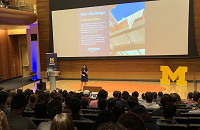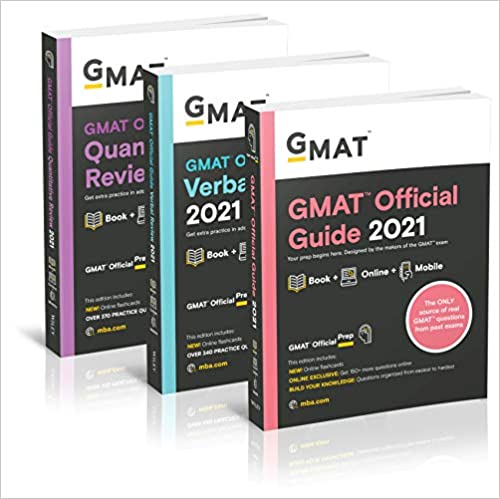How to Get Extra Time on the GMAT Exam
Most MBA applicants don't realize that they can get extra time on the GMAT — a lot of extra time!
As the self-appointed "King of Non-Standard Accommodations," I'm very familiar with the process and have been through it many times with my students, ensuring that they document their circumstances adequately and that they ask for the proper accommodation. And I myself once took the GMAT with non-standard accommodations. I would venture to say that I've put more people through the test with non-standard accommodations than has anyone else on earth.
How GMAT Non-Standard Accommodations Work
When taking the GMAT, you're entitled to any accommodation you need to compensate for a medical condition. To get that accommodation, you must submit two documents: (1) a form from the test taker explaining what your medical condition is and asking for a specific accommodation and (2) a form from your doctor confirming your medical condition and asserting that the accommodation you requested is reasonable.
While you're entitled to any reasonable accommodation for your specific condition, there are three "standard non-standard" accommodations that we see often:
- Double Time
- Time and a Half
- Extra Breaks
Needless to say, the double-time accommodation is best, and it's what most of my students end up getting. Test takers who get double time usually complete the exam over two separate days.
Time-and-a-half is also an exceptional accommodation that leads to significantly higher scores, and even the extra breaks can improve student performance. I've see all three of these accommodations many times, and I know it's worth the effort required to get them.
What Medical Conditions are Valid?
Anything that interferes with your ability to take a computerized exam in the same manner or at the same pace that others do. For me, it was a painful back issue (sciatica) that didn't allow me to sit for long periods of time. I needed to stand, kneel, lie on the floor, walk around and sit briefly. This is not uncommon among people with back problems, but many issues qualify for accommodations. The most common among my students are:
- ADHD
- Dyslexia
- Impaired Vision (Especially with Computer Screens)
- Clinical Test Anxiety
- Physical Limitations
The physical limitations among my students have ranged from back pain (super common) to extremity numbness to complications from recent surgeries. One student I remember well asked for extra time because of recent wrist surgery, which slowed his ability to write when solving math problems. Of course, by the time the accommodation was approved and he got a time slot to take the exam, his wrist was healed, but he took the extra time anyway for obvious reasons.
Medications
Sometimes it isn't the medical condition itself that requires an accommodation for the GMAT; instead, it's the medication that's taken for the condition. That was the case for my back problem. Had I taken the medication, I might have been able to sit long enough to get through the test, but I would have been so sleepy that I couldn't have focused on the questions. My options were to get an accommodation that would allow me to get through the test by constantly moving, or to take the medicine and fight the urge to sleep.
I knew the medicine was too impactful, so I asked for and received the accommodation. (Spent much of that test lying on the floor with the pillows I had brought from home.)
If you take a medication, consider the side effects (look them up online). If the medication interferes with your ability to take the GMAT exam at the same pace as others, you're entitled to an accommodation. The most common medications that my students have received accommodations for include narcotic pain relievers, muscle relaxers, migraine medications and anti-seizure medication.








